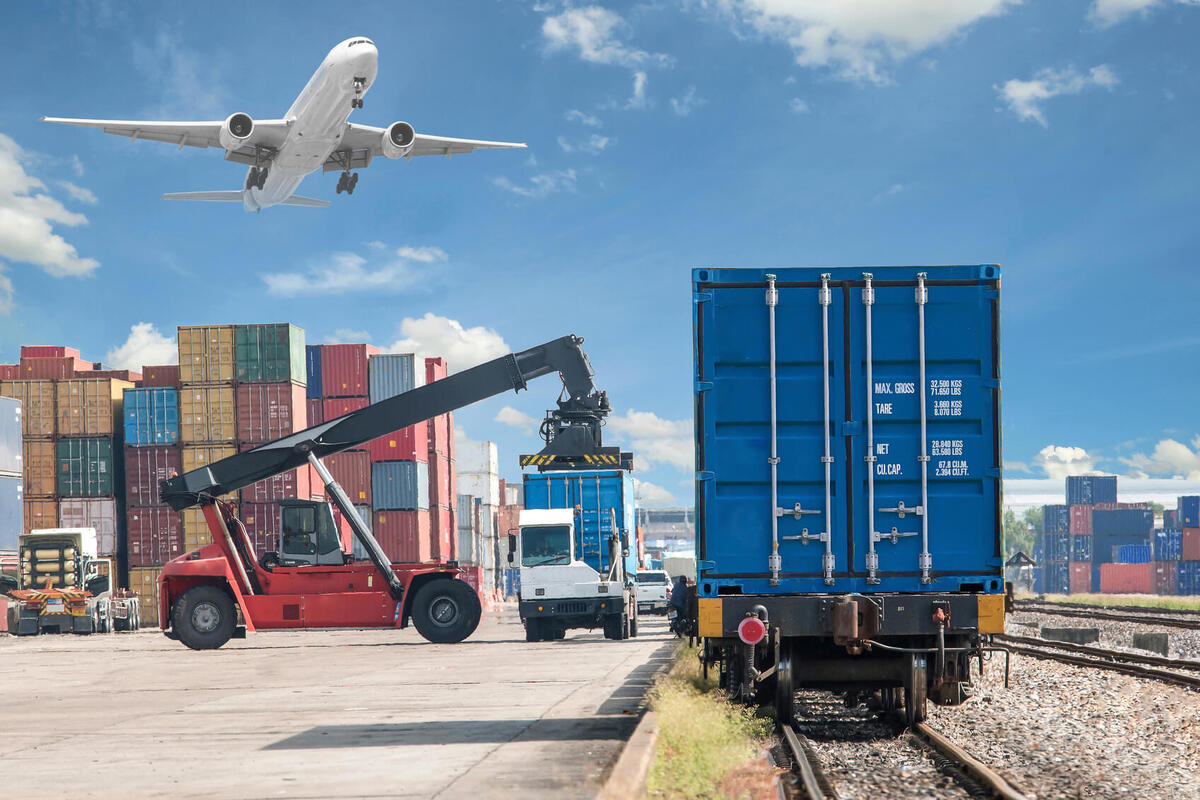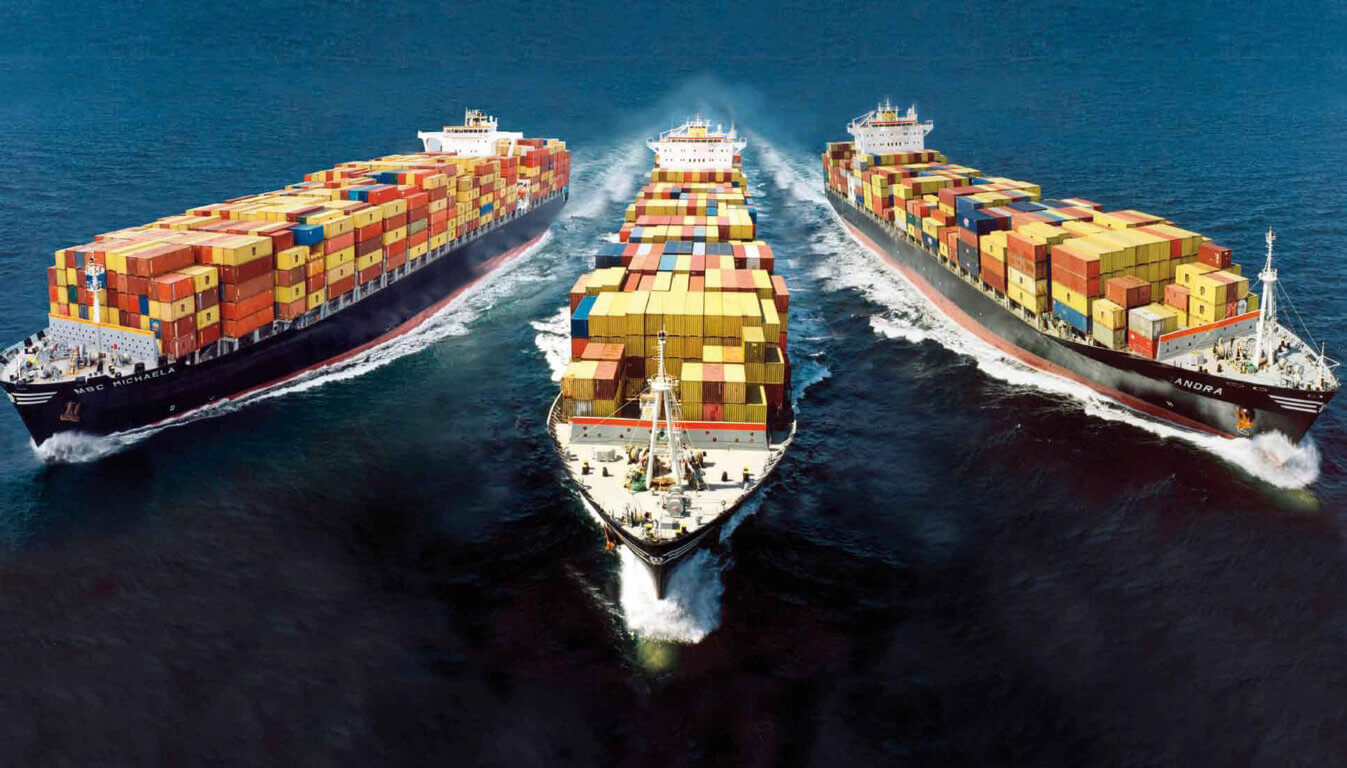Methods of international transport


Transport and distribution have an important role in international trade. It is necessary for companies to choose the right method of transport to ensure their packages to be efficient and cost-effective. There are various factors that will influence company’s decision on which type of transport to use. These factors can be about business’ requirements, destination country, and the type of goods.
Road, sea, rail and air are four ways of import and export. As a first step the company has to consider all part of their project, firstly, it is important what has to be distributed including size, weight and which type of goods. For example, for the transportation of foods or fruits, speed is important and it’s important to choose the shortest and quickest way. Sending cost is another element very important and depends on the agency. Destination, countries’ law, value of goods, risk of transport are other elements to be considered and depend on company, country of destination and customers’ requirements. So who wants to deal with international transportation has to balance quality, cost, time and conditions.

Air transport for international trade
Air transport offers numerous advantages for international trade, depending on the requirements. It can:
• deliver items quickly over long distances
• give high levels of security for sensitive items
• be used for a wide range of goods
However, there are the following risks:
• air transport can involve higher costs than other options, and is not suitable for all goods
• flights are subject to delay or cancellation
• there are taxes to be paid in each airport
• fuel and currency surcharges will usually be added to freight costs
• further transportation may be needed from the airport to the final destination
General cargo insurance is available in three levels A, B or C. Air transport can also use the Institute Cargo Clauses (Air). The level of insurance is reflected in the premiums that must be paid. So it’s necessary to match the level of insurance to the potential risk of the shipment.

Sea transport for international trade
If the business needs to transport large quantities but there is no pressure to deliver quickly, shipping by sea may be suitable.
Sea Transport advantages include:
• possibility to ship large volumes at low costs
• shipping containers can also be used for further transportation by road or rail
However, there are also risks for sea transport:
• shipping by sea can be slower than other transport systems and bad weather can add further delays
• routes and timetables are usually inflexible
• tracking the goods’ progress is difficult
• port duties and taxes
• further transportation overland might be needed to reach the final destination
• basic freight rates are subject to fuel and currency surcharges
Who wants to transport goods by ship have to protect their shipment with an insurance. But under the maritime transport conventions, there are limited insurances, so it’s advisable to get additional insurance, such as general cargo insurance.
For the shipping of dangerous goods, it’s necessary to complete a dangerous goods declaration which includes the Dangerous Goods Note.

Road transport for international trade
Road transport can be the most flexible option for international business. It is usually quick and efficient.
Road transport advantages:
Risks for road transport:
It’s possible to choose own vehicles, or carriers. Operating with own vehicles, needs to consider licenses, fuel costs, regulations, driver training and taxes.
The international transport of dangerous goods by road is subject to international legislation, in particular the European Agreement on the International Carriage of Dangerous Goods by Road (ADR). Drivers of vehicles carrying dangerous goods must hold an ADR training certificate in handling dangerous goods. All commercial vehicles that carry dangerous goods must pass the ADR test, and some of them need to be built with special standards. These classes of goods are defined as dangerous: corrosive substances, explosive substances and articles, flammable liquids and solids, gases, oxidizing substances, radioactive substances and toxic substances.

Rail transport for international trade
Rail transport is a cost-effective and efficient way to move goods. It offers the following advantages: fast rail network throughout Europe. It is environmentally friendly compared with other transport systems.
Risks for rail transport:
The Convention Concerning International Carriage by Rail (COTIF) is the system of law which applies in the 45 states in Europe, North Africa and the Middle East that are members of OTIF, the International Organization for International Carriage by Rail.
CIM (Convention Internationale concernant le transport des Marchandises par chemin de Fer) is a consignment note that sets the conditions for transporting non-dangerous goods by rail. CIM rules mean that ythe carrier only takes responsibility for insuring the shipment against loss or damage from the time they take possession of them until they are delivered. For the transportationof dangerous goods that have a UN dangerous goods code, or that ther carrier considers to be dangerous, it’s necessary to complete a dangerous goods declaration. Part of this declaration is the Dangerous Goods Note.
Fonte: a cura di Exportiamo, di Morvarid Mahmoodabadi, redazione@exportiamo.it
© RIPRODUZIONE RISERVATA